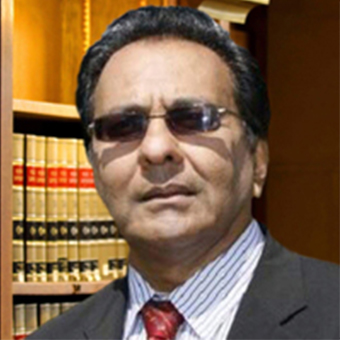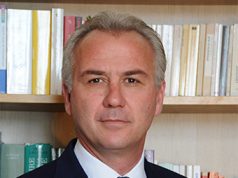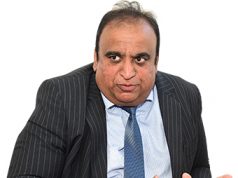The issue of private prosecutions has been very much in the public domain these days. People ask why a private individual is allowed to initiate a private prosecution. In Mauritius the Director of Public Prosecutions [DPP] alone is vested with the power to initiate a prosecution after an investigation by the police or some other institution like the Independent Commission Against Corruption. Until and unless an investigation in an offence is completed, the DPP cannot take any decision.
When an investigation file is sent to the DPP he can advise to prosecute for an offence. If he feels the investigation needs further clarification, he would send it back to investigators for a further inquiry. The DPP may start a prosecution but he may also delegate this power to some other person or authority. However even in such a situation the prosecution is subject to the control of the DPP who may intervene to take over the proceedings or to discontinue them. Whilst the DPP can delegate the power to prosecute to some other authority he alone has the power to discontinue proceedings. He cannot delegate this power.
Notwithstanding the constitutional status and responsibility of the DPP to initiate a prosecution, our law authorizes a private citizen to initiate a prosecution subject to certain conditions. A private prosecution may be filed before the Supreme Court; the Intermediate Court or the District Court as provided for in our Criminal Procedure Act. Prosecution of offences before the Supreme Court or the Intermediate Court can only be started by the DPP or with his authorization. If the DPP is in presence of a complaint made by an aggrieved party he may institute a prosecution on behalf and at the expense of the State.
The DPP may well decline to prosecute. In this case the private individual must first prepare an information with the charge or offence. That information must then be submitted the DPP. The DPP will have a look at it and endorse it with a certificate where he states that he has The individual must then produce the information together with the certificate of the DPP before a Judge who will consider the documents and decide whether to allow the prosecution to proceed. The private individual must also provide sureties.
When an individual wishes to start a private prosecution before the District Court he does not need the permission of the DPP. The recent example is the private prosecution of two ministers by Mr. Bruno Laurette. The DPP however in the exercise of his powers put an end to the case. There are other examples where the DPP put an end to a private prosecution. In 2001, 2002 and 2003, one Jeewan Mohit entered a private prosecution against Mr. Paul Berenger. In 2001 the case was set aside for lack of jurisdiction. In 2002 and 2003 the then DPP discontinued the proceedings without giving reasons. Though the DPP Is not bound to give reasons in certain cases prudence and common sense would advise him to do so especially, in an age where the public is like a watchdog over the actions of public officials.
An aggrieved party is one who has suffered any injury, prejudice or damages. In the case against the two ministers who were prosecuted by Mr. Bruno Laurette, the issue of aggrieved party was not canvassed by the DPP when he discontinued the case. The DPP went on the premise that he was not in possession of a complete investigation that was still ongoing at the level of the police. It should be noted that the DPP has no power to investigate an offence. This is left to the police who then submit the file to the DPP for a decision. It is of course open to the DPP to request further investigations in the case if there is any a need for that and the police should comply.
There is one private prosecution which ended in the conviction of a minister in 1975. Mr. Alex Rima was privately prosecuted before the District Court for larceny of some keys to the prejudice of a lady. He was convicted and sentenced to pay a fine.
Two important points to note in a private prosecution are first that the individual who initiates such a process must be an aggrieved party and secondly the DPP may in his discretion put a stop to such a prosecution.









